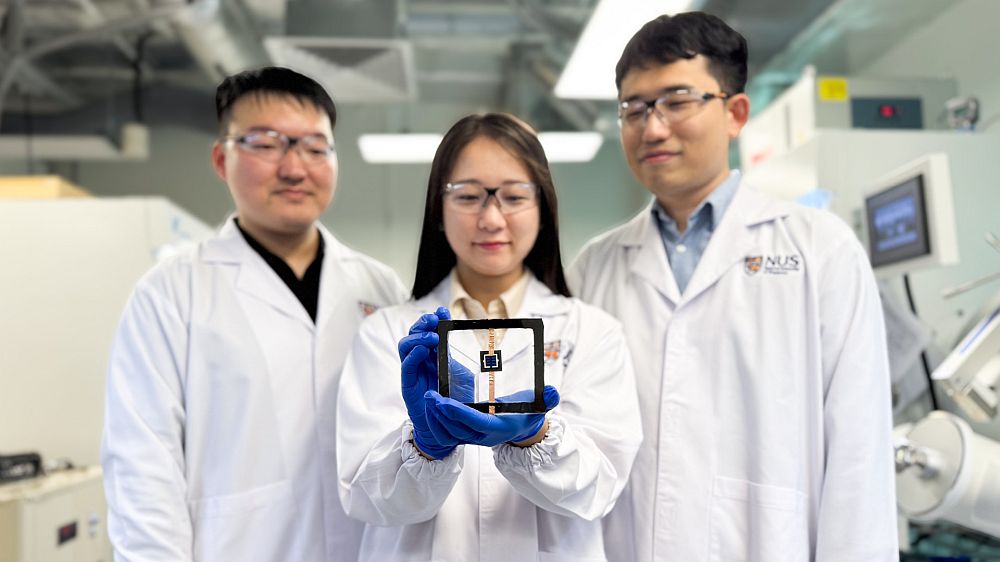Investigators at the Oak Ridge National Lab have confirmed startling characteristics in a solid electrolyte material we reported on several weeks ago, one that should allow solid oxide fuel cells to operate at temperatures hundreds of degrees lower than what is currently possible and boost the practicality of solid-oxide fuel cells. To recap, a research team at Spain’s Universidad Complutense de Madrid and Universidad Politécnica de Madrid produced a new solid electrolyte that has open pathways, or voids, that permit oxygen ions to speedily move from cathode to anode. Previous materials offered only small, time-consuming pathways that required high temperatures to operate. While the conductivity improvements were readily apparent to the Spanish team, they lacked a complete understanding of the structural characteristics that are behind this breakthrough. They turned to a characterization group at ORNL to shed some light on their discovery. The ORNL investigators unleashed their ultra-high resolution microscopes at ORNL, a 300-kilovolt Z-contrast scanning transmission electron microscope with aberration-corrected resolutions near 0.6 angstrom. The SEM images the electrolyte’s crystal structure explains the huge leap (a factor of 100 million) in conductivity. This super-lattice provides “a colossal increase in ionic conduction properties,” said Maria Varela of ORNL’s Materials Science and Technology Division, who characterized the material’s structure with senior researcher Stephen Pennycook. “It is amazing. We can see the strained, yet still ordered, interface structure that opens up a wide pathway for ions to be conducted.”
“The new layered material solves [the pathway] problem by combining two materials with very different crystal structures. The mismatch triggers a distortion of the atomic arrangement at their interface and creates a pathway through which ions can easily travel,” Varela said.
CTT Categories
- Energy
- Material Innovations
- Transportation
Related Posts
Sports-quality ice: From pond side to precision Olympic engineering
February 12, 2026
Solid-state batteries turn heads at CES 2026
January 29, 2026


